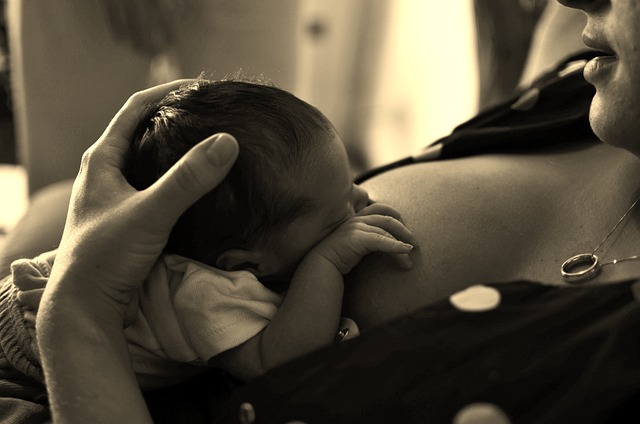Fear of Childbirth: Impact on New Mothers
Fear of childbirth, often referred to as “tokophobia,” affects many expectant mothers and has been linked to significant outcomes, including a reduced duration of breastfeeding. Research shows that this fear is not only a psychological challenge but also has physical and emotional consequences for both the mother and child.
Understanding Childbirth-Related Anxiety
The anxiety surrounding childbirth is a growing concern among pregnant women, often associated with negative birth stories or traumatic past experiences. This distress can affect a mother’s confidence in the childbirth process, leading to increased stress during delivery and even influencing decisions about the mode of birth. Studies indicate that this anxiety might also impair a mother’s ability to establish successful breastfeeding, regardless of whether she delivers vaginally or via cesarean section.
Breastfeeding and Childbirth-Related Fears
Anxiety related to childbirth significantly impacts breastfeeding duration. In Finland, where breastfeeding is recommended for at least six months, mothers experiencing fears around childbirth are three times more likely to stop breastfeeding earlier than recommended. This finding highlights the broader need for postpartum support, especially in countries where breastfeeding rates are lower. Health professionals suggest that additional care and education about childbirth can help reduce these fears, empowering mothers throughout their breastfeeding journey.
Addressing Anxiety Early
Tackling childbirth-related anxiety during pregnancy is crucial. Healthcare providers are encouraged to recognize the signs of this fear and provide timely support through counseling, education, and preparation courses. Mothers who receive this support are more likely to overcome their concerns, increasing the chances of breastfeeding success and reducing feelings of isolation or failure.
The Role of Healthcare in Easing Concerns
Healthcare professionals play a vital role in reducing childbirth anxiety. Providing clear, reassuring information about the birth process can make a significant difference. Offering resources like childbirth preparation classes and psychological support for mothers showing signs of anxiety can prevent premature weaning and enhance the overall postpartum experience.
Conclusion
Fear surrounding childbirth is a legitimate concern for many new mothers, but with the right support and education, its impact can be minimized. By addressing these concerns early and ensuring that healthcare providers are attuned to the emotional and physical needs of expectant mothers, the duration and success of breastfeeding can improve significantly. Moving forward, focusing on maternal mental health and childbirth education will be crucial in supporting new mothers globally.
The following post may interest you
How Long Should a Baby Be Breastfed?

